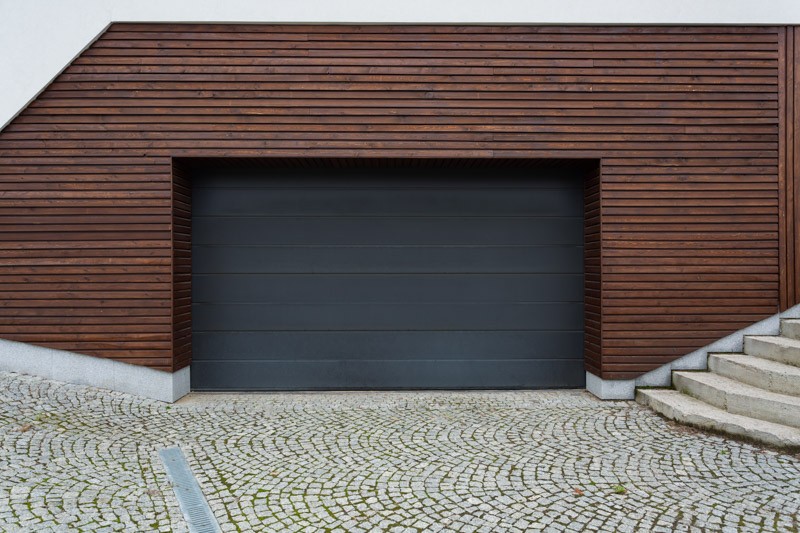The torsion spring in your garage door doesn’t have an easy job. It acts as a counterweight to your door when it opens and closes. Therefore, for your garage door to function properly, you need to make sure that your torsion spring is in great shape. Here are some things that can go wrong with your garage door’s torsion spring:

Torsion Spring Failure Causes
There are a lot of things you have to be on the lookout for when it comes to your garage door torsion springs. If you have an older home, you want to make sure that your torsion springs aren’t rusted. Age, corrosion, and general wear and tear are some of the most common causes behind torsion-spring failure. But age isn’t the only thing you have to keep in mind; improper installation and impact damage are also things you have to consider. For example, if you accidentally back up into your garage door, you shouldn’t only be worried about the garage door’s surface, you should also inspect the torsion springs to ensure they didn’t suffer any damage.
Replacing Garage Door Springs
Broken garage doors aren’t any fun. A broken torsion spring renders your garage doors useless. And what’s the point of owning a garage if you can’t park your car in it?
If you have a broken torsion spring, you’ll want to get it fixed, and fast, so that your car has protection from the elements again. However, a broken torsion spring is not a DIY project. To make sure you get the right spring for your door’s weight and that it is installed properly, it’s best to hire professionals. A faulty torsion spring could cause your garage door to crash down, which is a major safety concern. So, if you don’t have experience working with springs that need to be installed under tension, be sure to call someone that does.
Are you noticing that your garage door doesn’t work as well as it used to in your Colorado home? You may have a faulty torsion spring. Call Colorado Overhead Doors today, they have the experience to make sure that your garage door is in pristine working condition.
